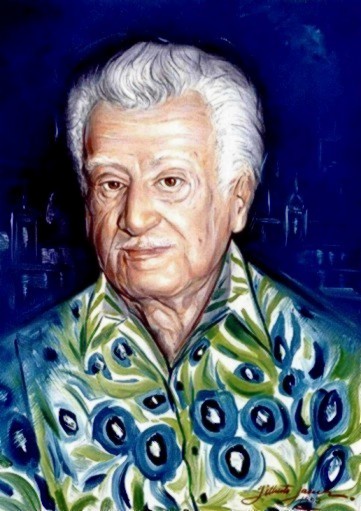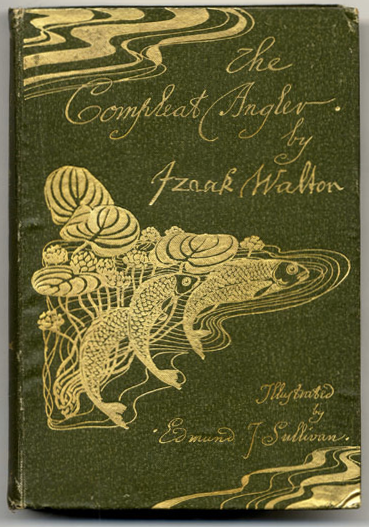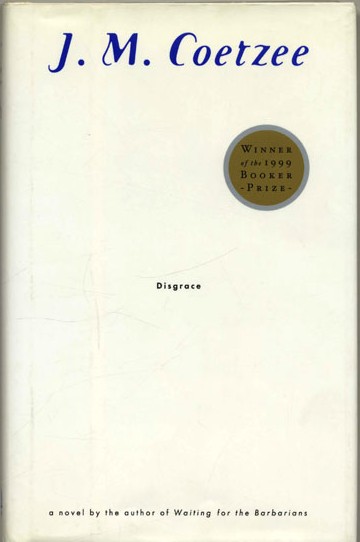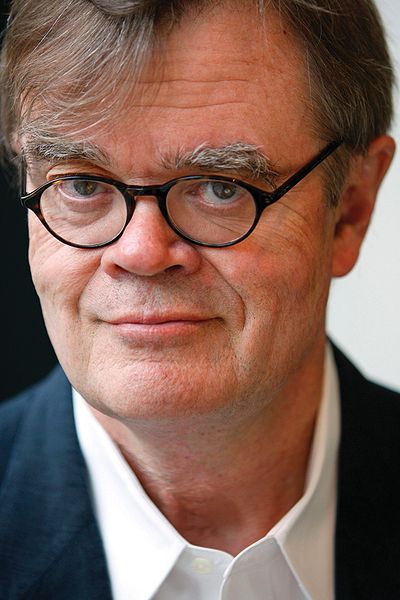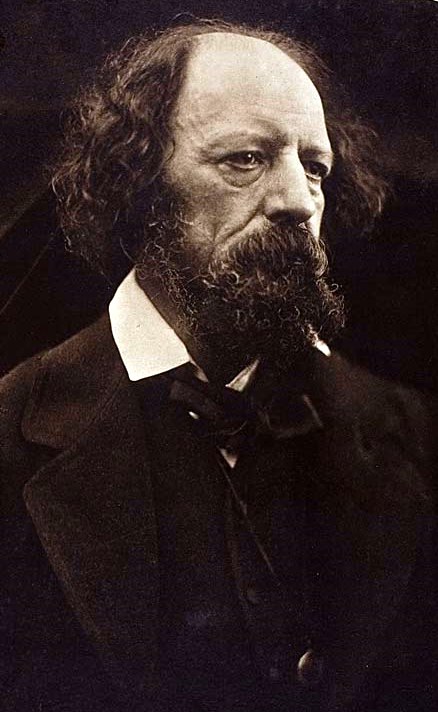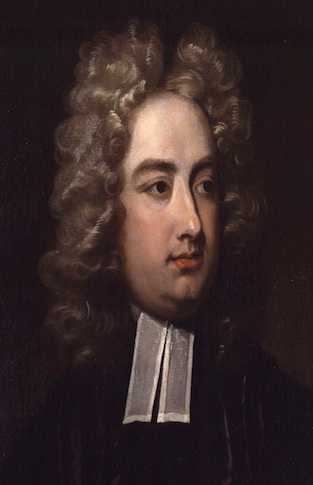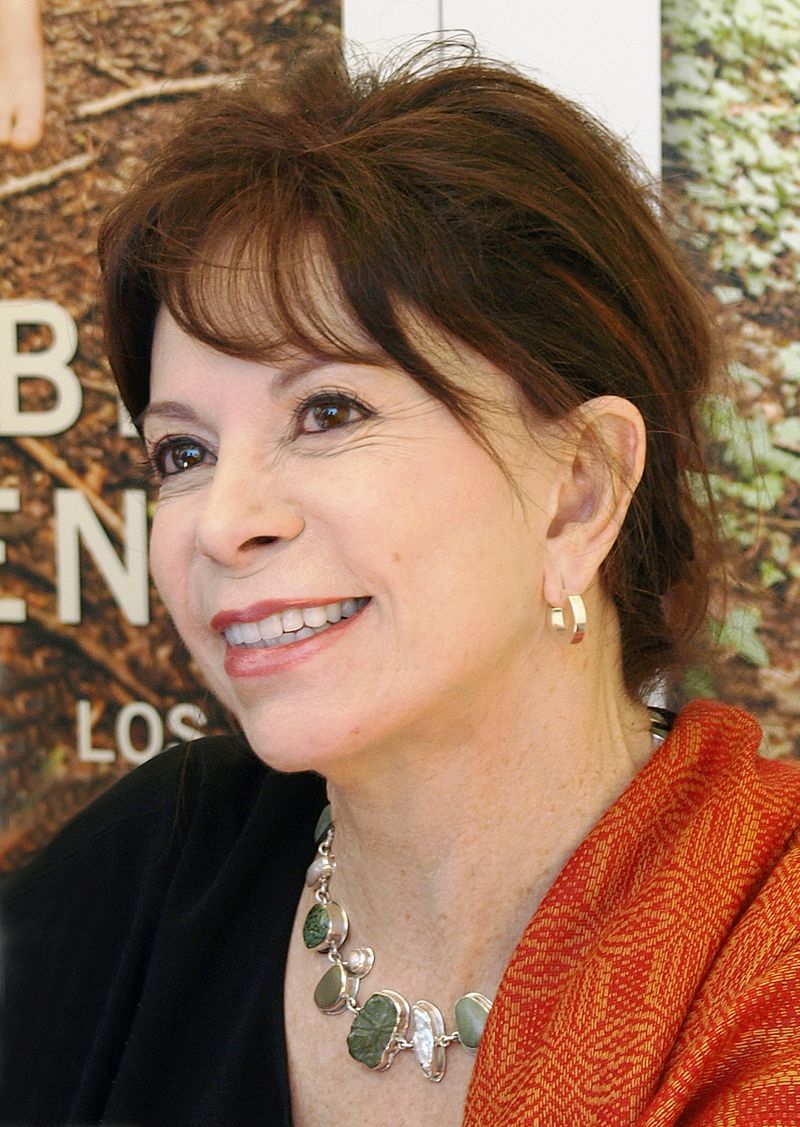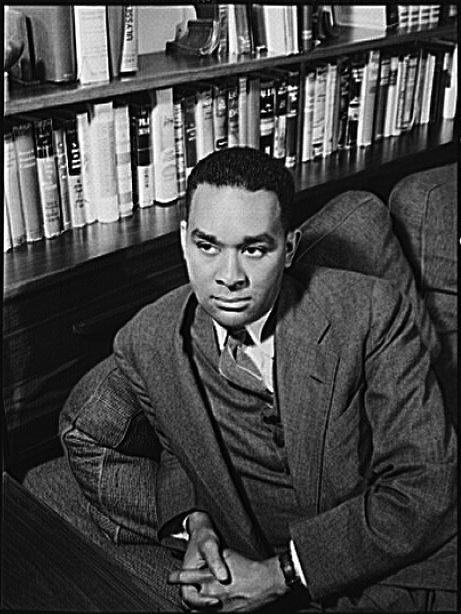When Jorge Amado died in 2001, people were already talking about him as Brazil’s cultural ambassador to the world. His novels, translated into nearly 50 languages, made many in the West suddenly familiar with the largest Latin American nation. In 1987, Bantam paid $250,000 for the hardcover rights to his novel Showdown. It was a record purchase at the time for a foreign language book, but international readers readily justified the price. Amado’s emphasis on regional dialect, empowered female characters, anti-racism, folk culture, and the dignity of the worker offer a rich and politically-charged vision of Brazilian life. The author himself declared he had done more to introduce the world to Brazil than any institution, any government effort, did.
us toll free: 1-800-948-5563 international: +1 (843) 849-0283 UK: +44 (0) 1334 260018




